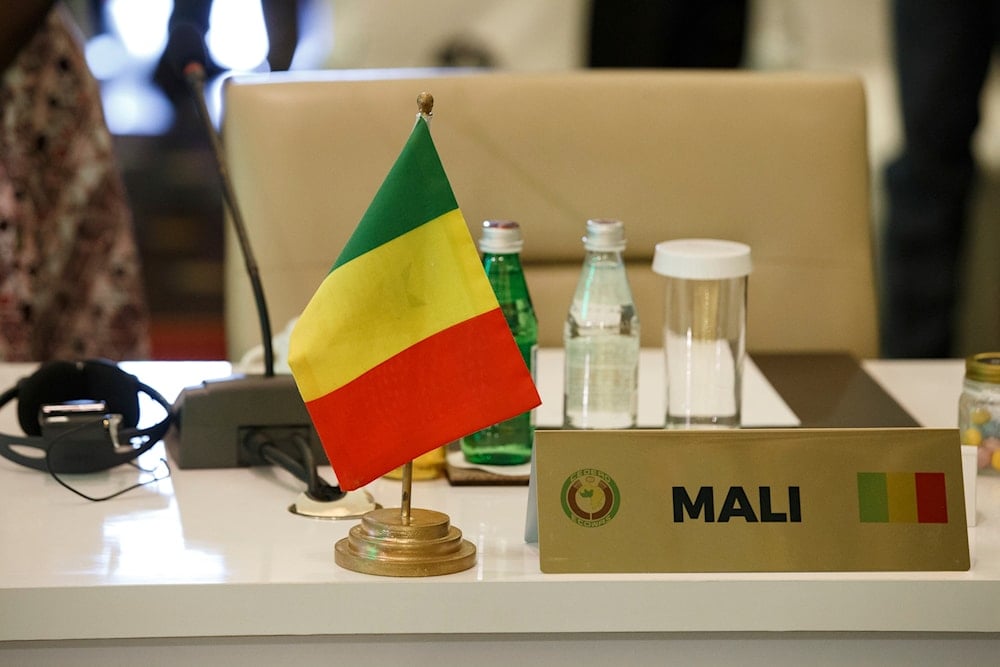Mali opposition creates transition government in exile
The prime and defense minister of the opposition government is Mohamed Cherif Kone, who is one of several prominent exiled politicians on the list of members.
-

The seat of the representative of Mali stands empty during the fifth extraordinary summit in Accra, Ghana, on Friday, March 25, 2022. (AP)
Malian opposition said on May 25 that they created a transition government in exile to rival the military-run one governing the country since a 2020 coup.
The military-run government was supposed to hold elections in March and give power to a civilian government but has not yet done so, as the government is currently fighting insurgents in the North.
A statement signed by exiled Malian politician Adaman Traore, labeled as the body's president and datelined Geneva said, "The citizen assembly of the civil transition has today elected the members of the government."
This "civil transition (government) ... is the only legitimate one in Mali," the text added.
According to the statement, the prime and defense minister of this government is Mohamed Cherif Kone, who is one of several prominent exiled politicians on the list of members.
This comes a day after the military rulers were criticized for the first time by the political movement linked to Mali's junta-appointed civilian prime minister, Choguel Kokalla Maiga.
AFP could not confirm if Maiga stands by this stance of the statement by the rival government released on May 25.
African Union demanded democratic transition 'roadmap' from Mali
The African Union urged Mali on April 13 to present a clear "roadmap" for the transition following the coup, emphasizing the importance of returning the country to democratic governance.
This came after Mali's military junta suspension of political activities, earlier in April, raised "grave concerns", with the AU warning that such actions could impede the democratic process.
Malian Prime Minister Choguel Kokalla Maiga, appointed by the military leaders after the 2020 coup, stated, on April 11, that elections will be held once stability is achieved amid the country's security challenges.
Meanwhile, AU Chairman Moussa Faki Mahamat warned that suspending parties and political associations threatened to "hinder the implementation of an inclusive transition process in the country," stressing the organizations' "willingness to work with the transitional authorities and all Malian stakeholders to restore constitutional order, within the prescribed time frame, with a view to promoting lasting peace, stability, and development in Mali."

 2 Min Read
2 Min Read








